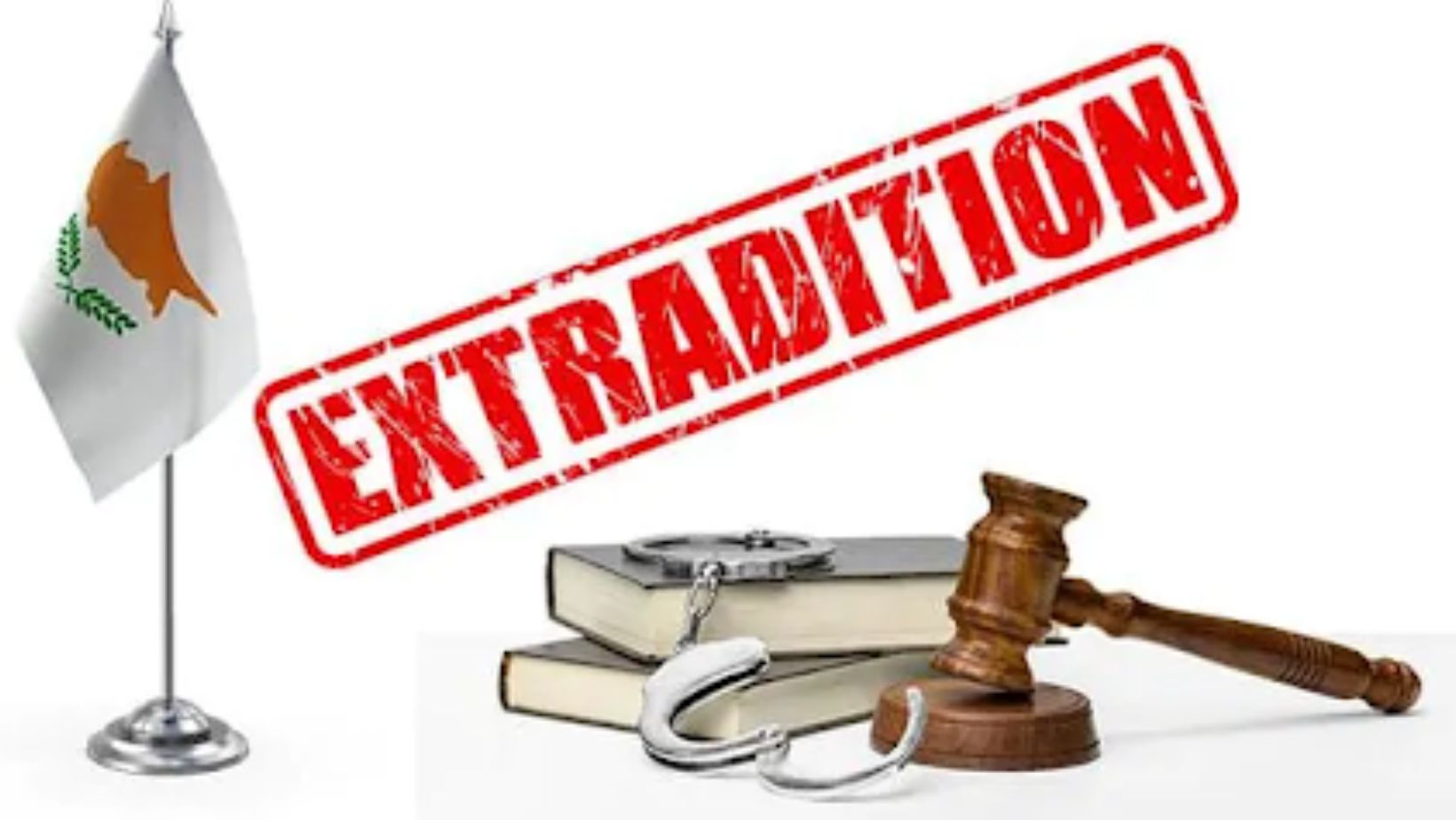 Extradition from the United Arab Emirates is governed by a combination of international treaties, federal laws, and bilateral agreements. Given its strategic location and growing role in international law enforcement, the UAE has become a key partner in extradition cooperation. Understanding the rules and steps involved in transferring suspects to other countries is crucial for those involved in cross-border criminal proceedings.
Extradition from the United Arab Emirates is governed by a combination of international treaties, federal laws, and bilateral agreements. Given its strategic location and growing role in international law enforcement, the UAE has become a key partner in extradition cooperation. Understanding the rules and steps involved in transferring suspects to other countries is crucial for those involved in cross-border criminal proceedings.
How Is the Extradition Process Regulated in the UAE?
The UAE regulates extradition through Federal Law No. 39 of 2006 on international judicial cooperation. This law outlines how foreign states can request the surrender of individuals suspected or convicted of crimes. The UAE requires that extradition requests comply with both local law and any applicable treaty agreements.
Requests are reviewed by the Ministry of Justice and must be supported by arrest warrants, evidence of the offense, and legal documentation. The UAE courts then examine the request and determine whether it meets the required legal standards. Political or military crimes, as well as offenses without dual criminality, may be excluded.
If approved by the court, the final decision lies with the UAE Cabinet or designated executive authority.
Key Conditions for Transferring Suspects to Other States
Several conditions must be met before the UAE agrees to extradite someone:
- The offense must be punishable in both countries (dual criminality)
- The crime must not be political, military, or religious in nature
- The individual should not be at risk of torture or unfair trial in the requesting country
- The evidence must meet UAE legal standards
In cases involving Turkey extradition, these conditions are carefully scrutinized. The UAE cooperates with Turkey but maintains safeguards to prevent misuse of extradition mechanisms.
Extradition Cooperation Between the UAE and China
The UAE China extradition relationship is based on growing diplomatic and economic ties. The two countries signed an extradition treaty in 2002, enabling the mutual surrender of fugitives.
China typically requests extradition for crimes related to corruption, financial fraud, or embezzlement. UAE authorities review each request to ensure it complies with legal safeguards and human rights standards. Defense teams may argue against extradition on the basis of political motivation or concerns about due process.
Despite legal cooperation, each case is evaluated individually by the UAE courts.
How Does the Extradition Process Between the UAE and the UK Work?
The process of Dubai extradition to UK is governed by a bilateral treaty signed in 2006. The treaty facilitates the exchange of individuals accused or convicted of serious crimes such as fraud, money laundering, or violent offenses.
Requests from the UK must include detailed legal documentation, evidence, and guarantees of fair treatment. The UAE courts assess whether the requirements are met and whether extradition would violate the rights of the accused.
Legal representation is essential throughout the process, particularly when challenging evidence, seeking bail, or negotiating diplomatic assurances.
Extradition Rules Between the UAE and Turkey: Key Aspects
The UAE and Turkey cooperate on extradition under mutual legal assistance protocols. While there is no comprehensive treaty, the UAE reviews Turkish requests in accordance with its domestic laws and legal standards.
In Turkey extradition cases, UAE courts consider the nature of the offense, the political context, and the evidence provided. Human rights concerns or political motivations may lead to refusal of extradition.
The absence of a treaty does not prevent extradition, but it often makes the process longer and more complex.

Is It Possible to Avoid Extradition? Legal Aspects and Defense
Yes, individuals can challenge extradition requests in the UAE courts. Legal defenses include lack of dual criminality, insufficient evidence, risk of torture or persecution, or procedural violations. Representation by experienced defense lawyers is essential.
The extradition process allows for appeals and judicial review. In high-risk cases, courts may deny extradition based on humanitarian grounds or international legal principles.
Ultimately, those facing extradition should act quickly to secure legal support and assess their options. Whether the case involves UAE China extradition, Dubai extradition to UK, or Turkey extradition, professional guidance can make a critical difference in the outcome.

















